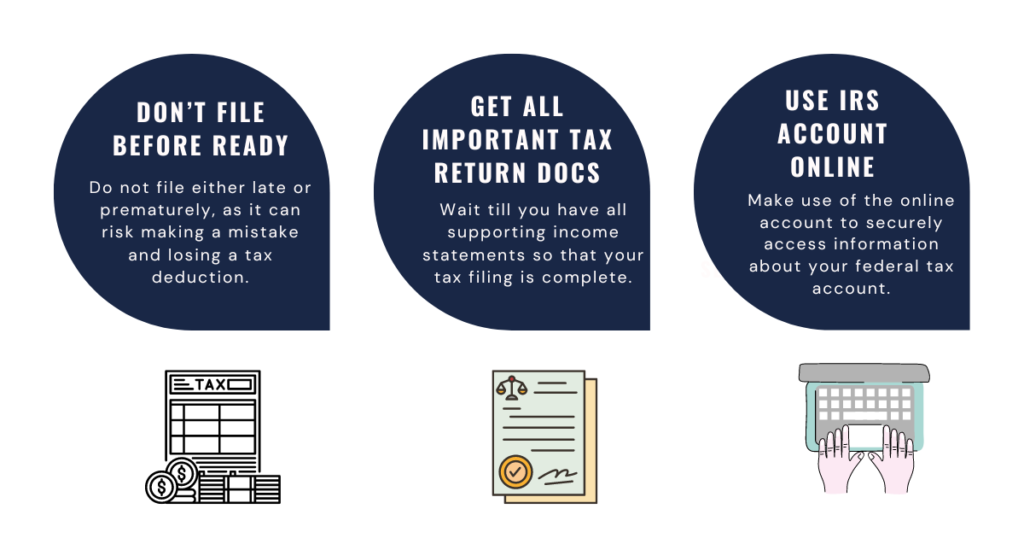The business entity that is commonly heard about is the corporation. A corporation is a separate legal entity from its shareholders. Also, many of the same legal rights and obligations apply to corporations as to people. They are able to sign contracts, make loans and take loans, sue and be sued, hire staff, possess assets, and pay taxes.
There are mainly two types of corporation. Let’s learn about them in greater detail below.
C-Corporation

A C-Corporation is an independent legal entity from its owners. One has to pay an annual fee and file corporate forms with the state.
All the assets and money a corporation generates are owned by it. Moreover, it has to establish separate corporate bank accounts and records.

Corporations must pay local, state, and sometimes federal taxes. Most firms need to register with the IRS as well as state and local tax authorities. Although a tax ID number is necessary for any company with employees, corporations are the only ones who must obtain one.
Moreover, this business entity needs to pay income tax on their profits, unlike sole proprietors and partnerships. When a corp. produces a profit, there is a tax. Again, there is a tax when the company gives dividends to shareholders on their personal tax returns.
Owners of shares who are also workers must pay income tax on their wages. Also, the owner and employee equally split the Social Security and Medicare taxes. However this is typically a deductible business expense for the employer.
One has to submit articles of incorporation to the state in order to create a corporation, usually through the Secretary of State’s office.
S-Corporation
An S-Corporation is a company with the IRS’s Subchapter S designation.
One has to submit articles of incorporation to the state in order to create a corporation, usually through the Secretary of State’s office. You must first incorporate a business as a corporation in the state where its headquarters are before regarding it as an S corp.
Because its revenues and losses can pass through to the owner’s personal tax return, an S-corp differs from a C-corp. As a result, the company is not taxed directly. Only stockholders are subject to tax. There is a capping on losses at the tax basis of the shareholder. The company can give investors salaries, profit distributions, or a combination of salaries and payments.
Control & Operation
A corp. has bylaws (operating regulations) to clarify and establish the laws that govern the organization.
Shareholders must approve articles of incorporation, mergers, and business dissolution. Also, they choose the directors. Directors are in charge of making important choices, like choosing the company’s officers.
Investment
A C-Corp may issue different classes of stock and bonds, subject to applicable state and federal securities laws and regulations.
An S-Corp may issue up to 100 shareholders with one class of stock.
Transferability & Continuity
Both C-Corp and S-Corp exist forever even if one or more owners pass away. Once can transfer ownership by the sale of shares.
Legal Liability
Shareholders’ responsibility is often limited to the amount they invested in the business, but management is frequently personally accountable.
Payroll Taxes and Compensation Taxes
Income and Social Security taxes deducted from shareholder employees’ paychecks.
Corporation Advantages & Disadvantages

Advantages of C-Corporation
- Personal liability for stockholders is minimal
- Easy to add investors and transfer ownership
- There is permanent continuation
Disadvantages of C-Corporation
- Different tax returns are necessary
- There may be two taxes on net income.
- More expensive to install and maintain
Advantages of S-Corporation
- Personal liability for stockholders is minimal
- Taxation on business net income is just like shareholders’ individual income
Disadvantages of S-Corporation
- Different tax returns are necessary
- Limitations on adding more investors
- Distribution of net income based on ownership proportion
Takeaway
A corporation, thus, provides much liberty. The company’s debts are not the owners’ responsibility. Additionally, a corporation is able to borrow funds, file lawsuits, and possess property.
If you need help regarding managing the taxes of a corporation, Dogra CPA LLC is here for you. All our accounting and tax services are geared to drive success.


































